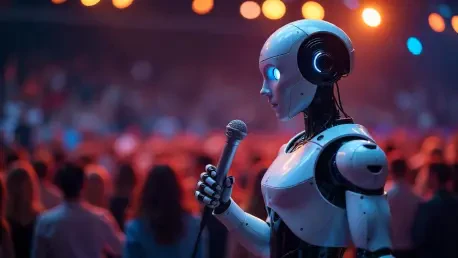Growing concerns over vocal rights amid the backdrop of AI deepfake technology are capturing attention in the United States. These technologies can imitate voices with high accuracy, affecting famous musicians, politicians, and ordinary individuals. The NO FAKES Act of 2024 was proposed to protect vocal rights nationwide, emphasizing the balance between cultural preservation and creative freedoms. However, debates in Congress and political transitions resulted in the Act’s failure to secure enough support.
The industry’s keen interest, particularly from the entertainment and cybersecurity sectors, highlights the importance of protecting vocal identities while encouraging technological innovation. A key focus is ensuring the authenticity and security of vocal expressions. The U.S. Copyright Office contributes by exploring AI’s role in voice replication, offering insights critical to shaping legislative and industry responses.
Despite the NO FAKES Act’s setback, lawmakers signal future legislative efforts to address vocal rights issues. Observers note that similar initiatives globally, such as China’s legal actions, reflect a shared urgency in regulating AI technologies. Cybersecurity remains a concern, reinforcing calls for regulatory measures and emphasizing the need for a comprehensive framework to protect against deepfakes and ensure the integrity of digital communications. Stakeholders strive to empower technology responsibly and safeguard the originality of vocal expressions in a digital age.









